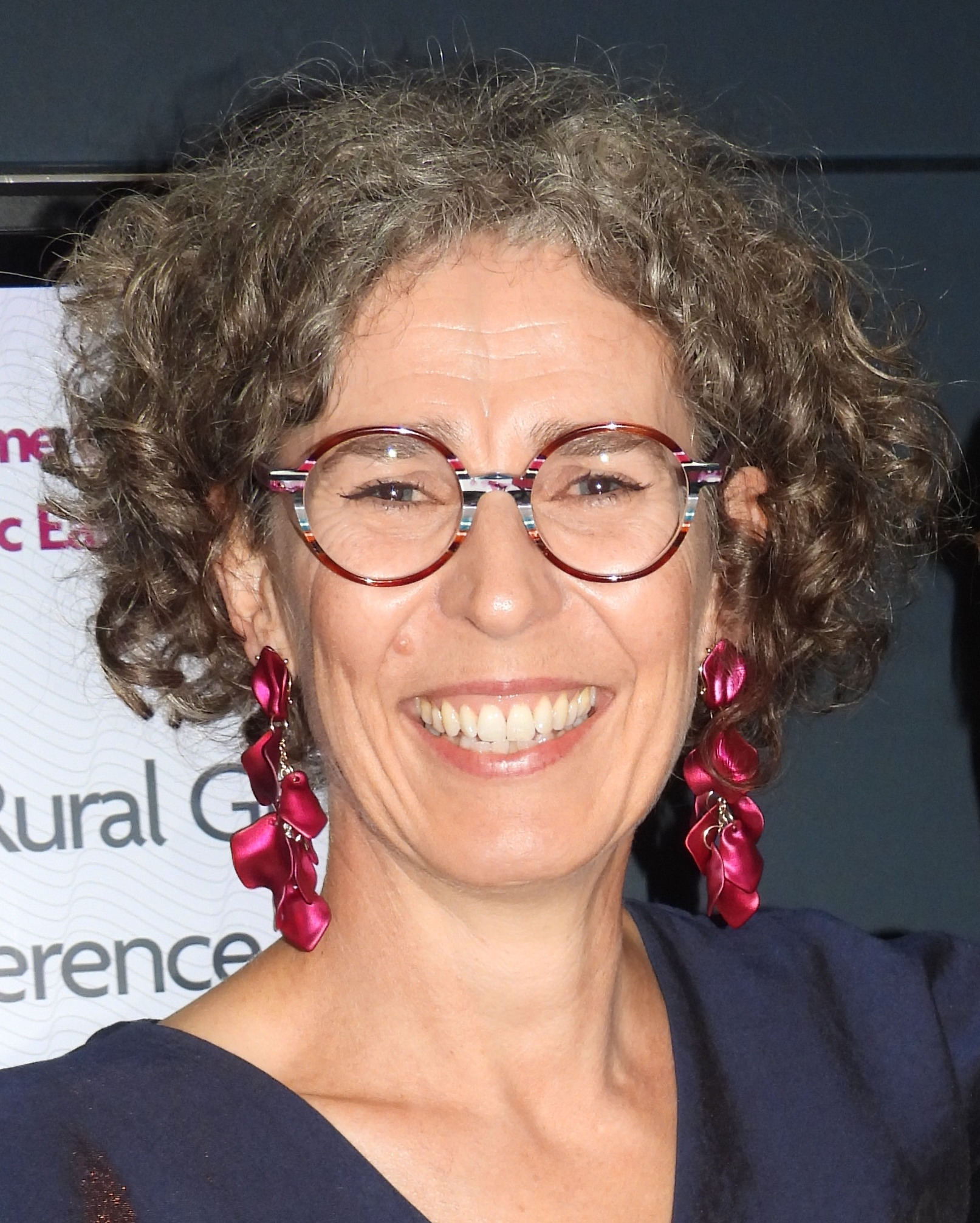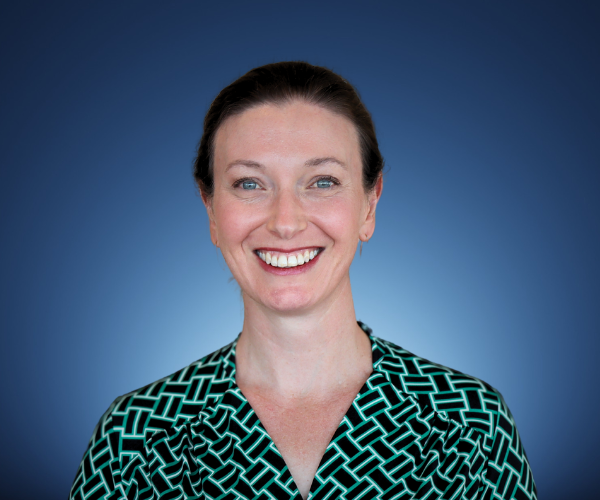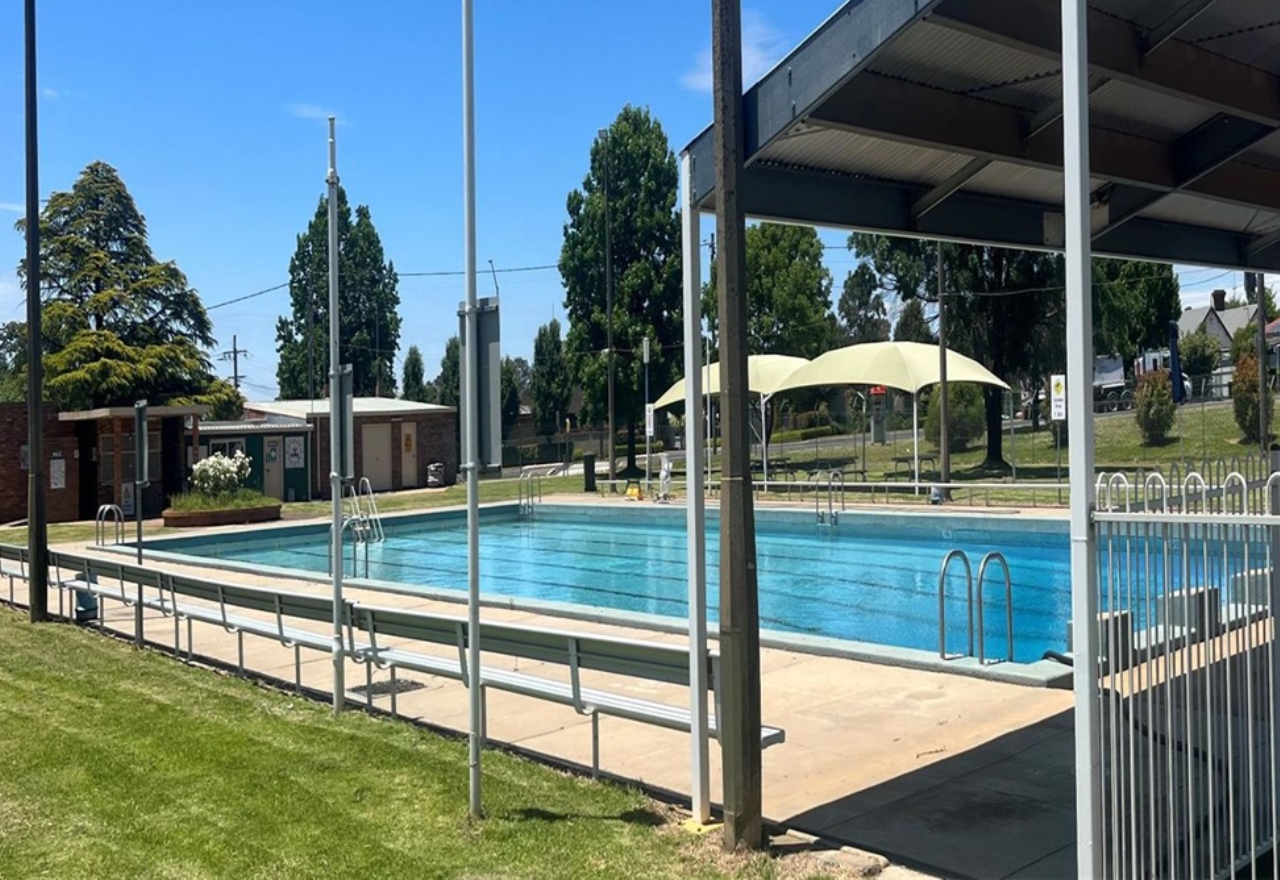Training GPs to diagnose ADHD could slash wait times
Ailish Dwyer
23 June 2025, 3:40 AM
 Recent reforms aim to cut wait times for ADHD diagnosis.
Recent reforms aim to cut wait times for ADHD diagnosis. Last month, the State Government announced reforms that will now allow general practitioners (GPs) to treat and diagnose attention-deficit hyperactivity disorder (ADHD).
GPs across the state, will be able to initiate medication for patients with ADHD under new reforms.
Some GPs will also undergo additional training to be able to diagnose ADHD, where appropriate.
Local GP services contacted say they are waiting to find out more about what's involved before their doctors can decide whether to take up the training.
President of the Rural Doctors Association of New South Wales Dr Rachel Christmas says the reforms will benefit rural and regional people, especially as wait times for diagnosis can sometimes take several years.
"The usual line that we have is 'everything is harder in the country,'" she said.
"If there's a shortage in the city, there's an extra shortage in the country, and access is made worse by distance and by just lack of resources generally."
The NSW Government will fund the training of 1,100 GPs for diagnosis across the state. But timeframes for the training and details on delivery are yet to be finalised.
"One of the things that we need to remember is that the diagnosing of ADHD is not for every GP, it's going to be GPs who have extra training," said Dr Christmas.
"It's good because it means that people are going to be able to access care, and GP's know their families.
"When you've got people with ADHD, their whole family has to live through that with them, so GPs are really in a good spot to be able to provide that service, because they know the struggles they've been having.
"They're often more accessible in the community than going to a non-GP specialist elsewhere."

Dr Rachel Christmas, Rural Doctors Association. [IMAGE: RDA]
In western plains communities, patients waiting to be diagnosed have to be referred to a private specialist in a major centre for an ADHD assessment.
Dubbo Base Hospital has advised they will are not accepting new behaviour-related referrals, leaving patients to be referred to online paediatricians who can bulk bill, or to private specialists in Dubbo or other cities where wait times to be seen can be more than two years.
Local parents have reported having to wait two years or more to see a paediatrician in Dubbo for their child to get an ADHD diagnosis.
Newcastle-based paediatrician and Vice President of The Australasian ADHD Professionals Association (AADPA) Dr Sarahn Lovett, has spent the last decade campaigning for the reforms and says they will benefit people in regional, rural and remote areas greatly.
"From a regional and remote perspective, it's going to be incredibly valuable for kids and adults within those regions to be able to access ADHD care close to home," said Dr Lovett.

Paediatrician and campaigner, Dr Sarahn Lovett. [IMAGE: AADPA]
In her Newcastle practice, Dr Lovett sees patients from regional areas across NSW.
"It is a huge financial and time burden for people, when they have to travel to their local metropolitan area to access health, and that ends up meaning a whole day off work to travel back and forth to take their child or themselves to go and see their specialist."
After training GPs will be able to manage treatment for individuals with ADHD, Dr Lovett explains.
"GPs are more than adequately able to manage ADHD with upskilling.
"It is probably going to be two tiers of support – one will be taking over care for patients who have already got a diagnosis of ADHD from a paediatrician or a psychiatrist. GPs can continue to provide scripts for a child who's got a relatively stable medication dose.
"If that child is a little bit more complex, for example if they have co-existing autism or mood disorders and they need a bit more oversight, the specialist can remain in close contact with that child and GP to support the ongoing care."
GP training will commence in the coming months and the ability for GPs to provide ongoing prescriptions for children is expected to open up in early 2026.



